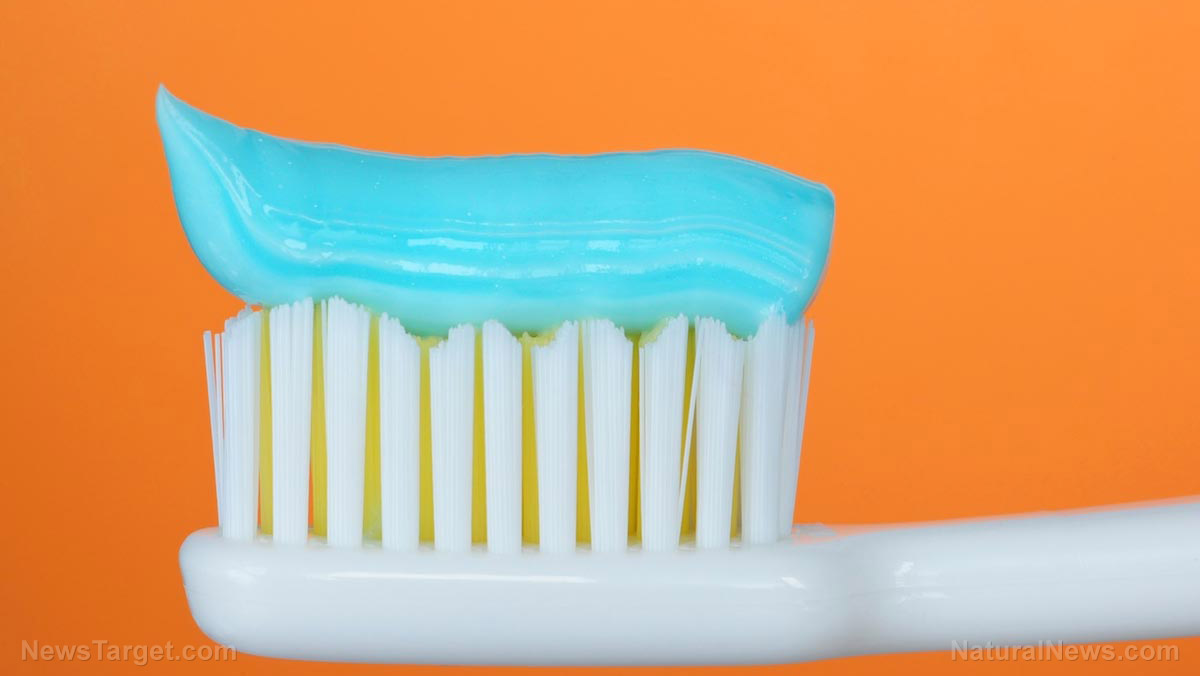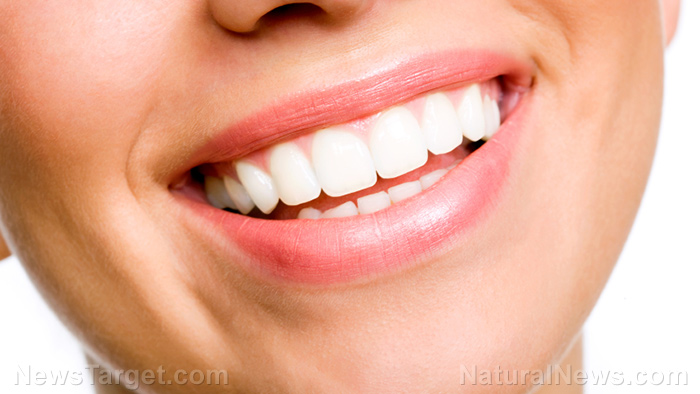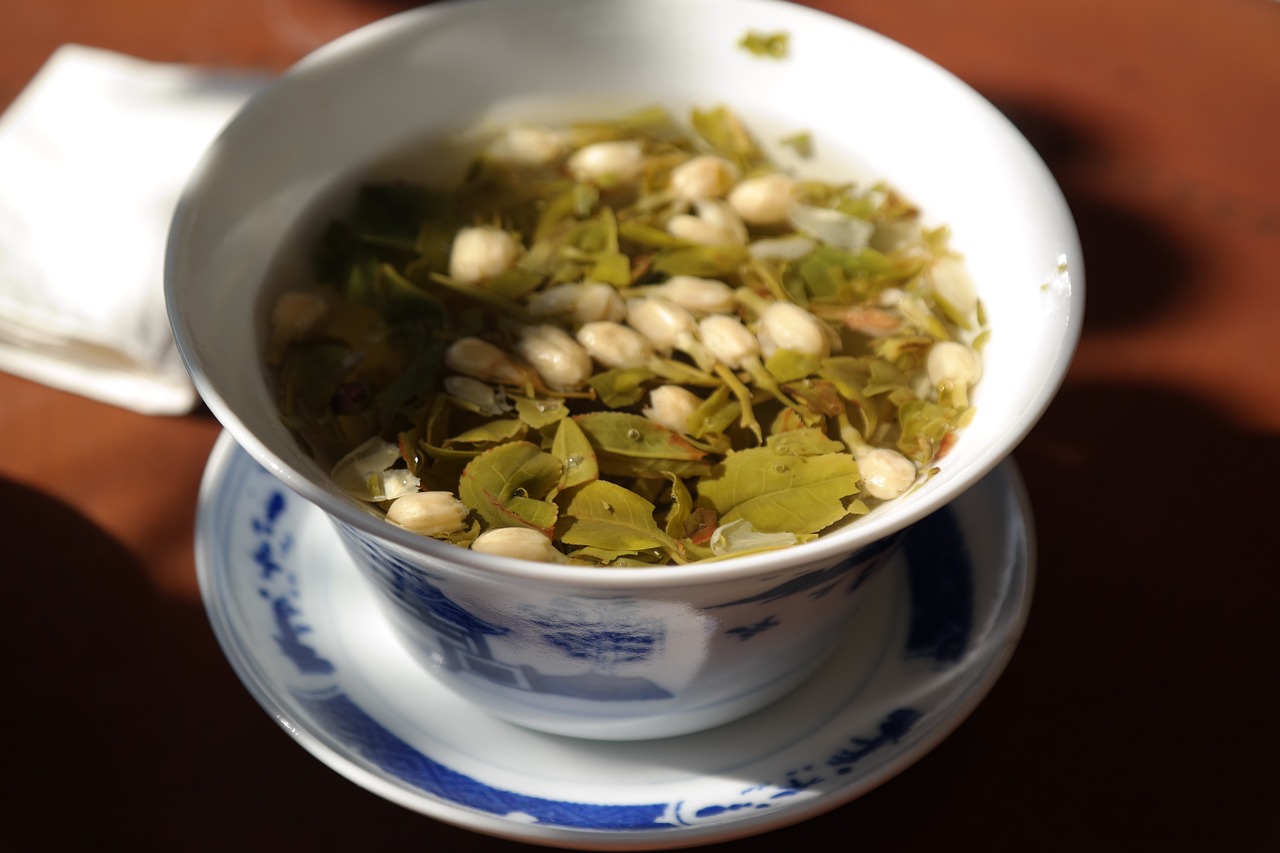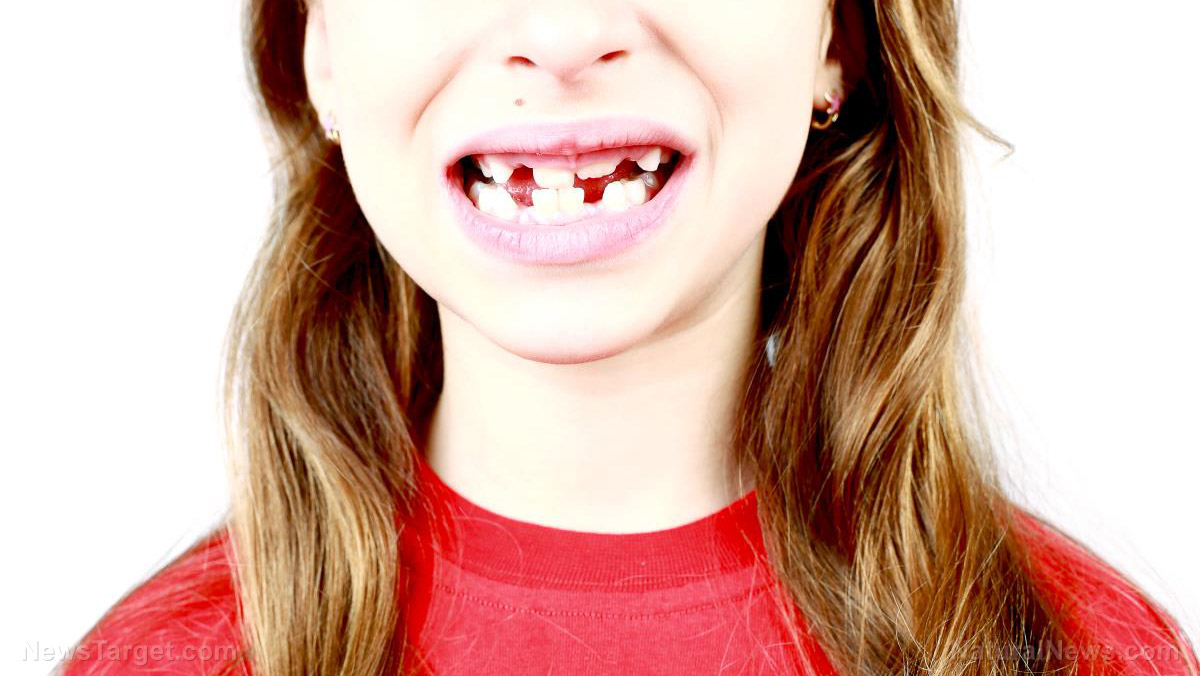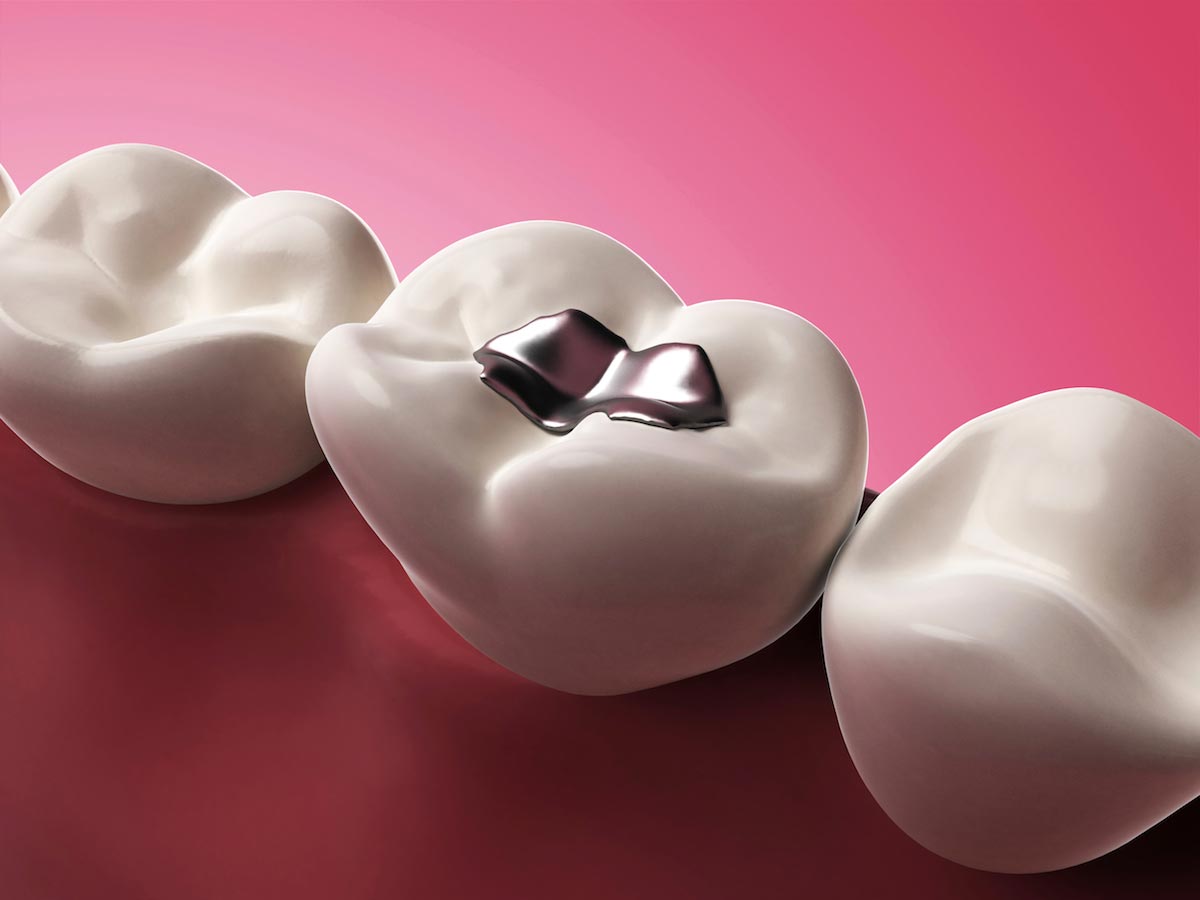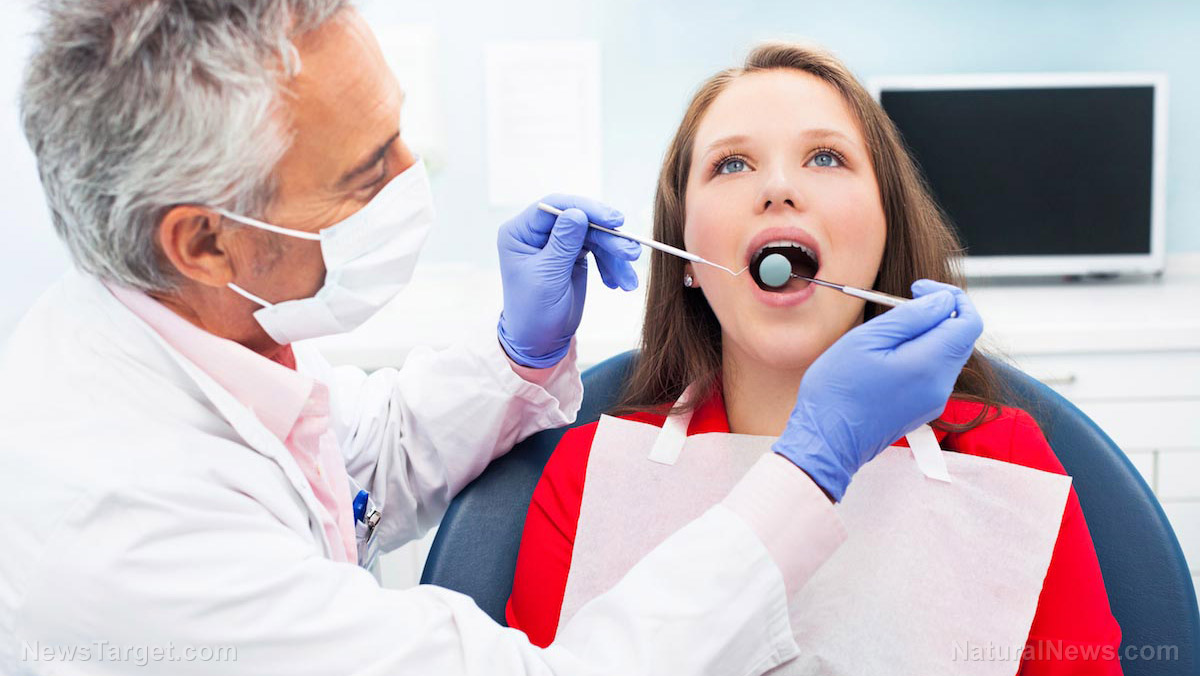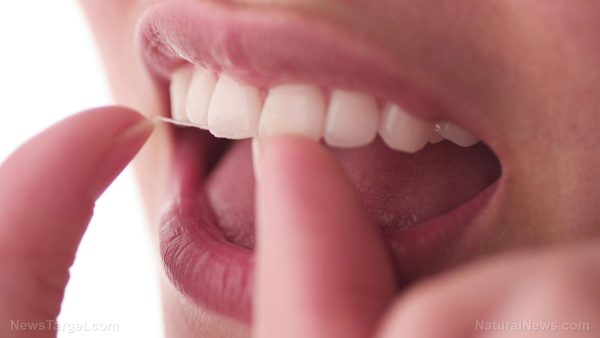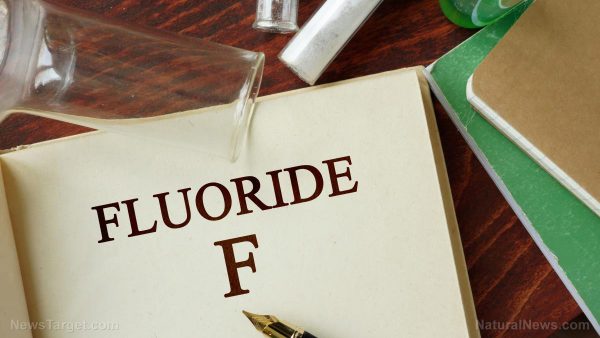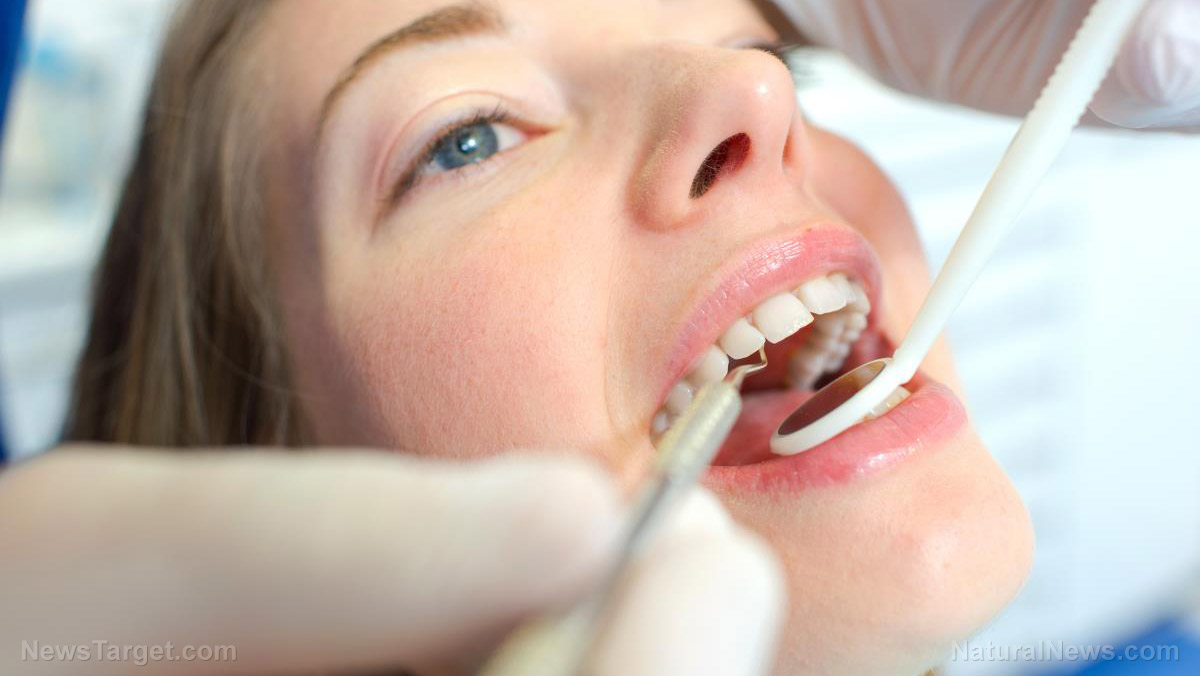Never use these toxic supermarket toothpastes
07/26/2016 / By Vicki Batts
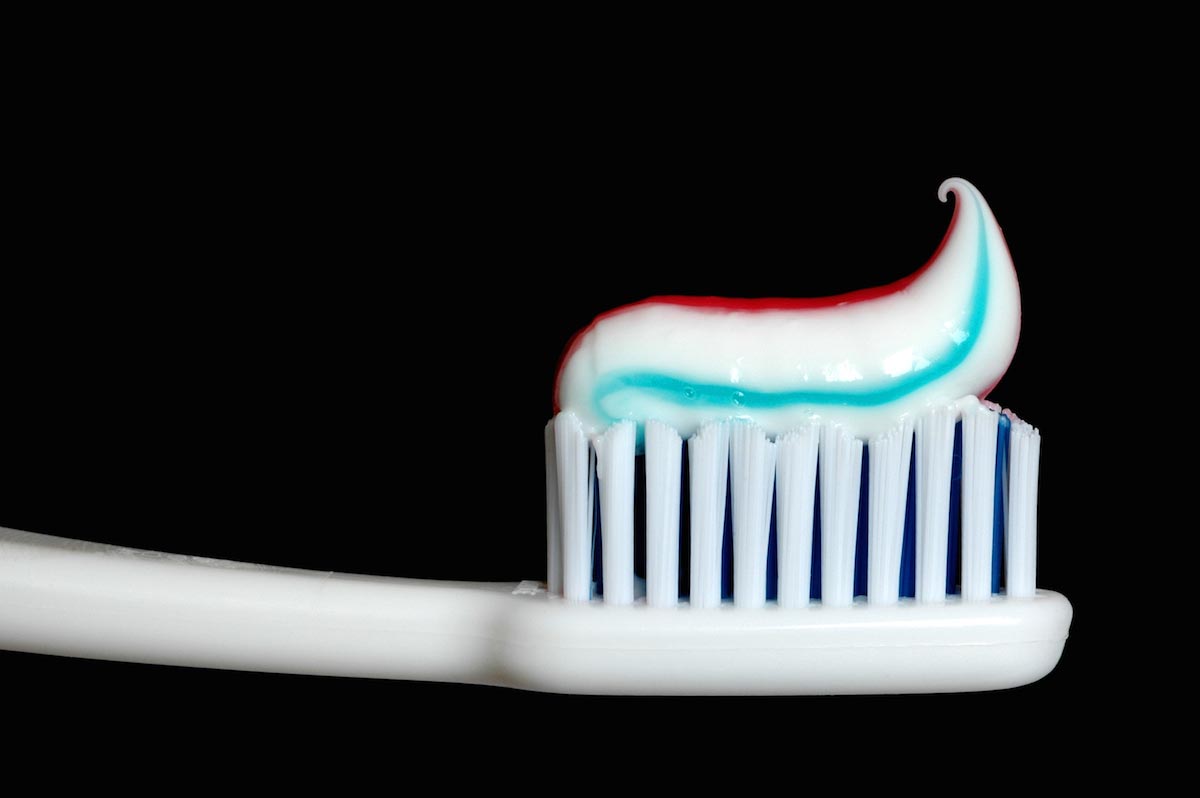
When you think about buying toothpaste from your grocery store, you probably aren’t thinking about all the toxic chemicals that could be lurking inside. And that doesn’t just mean store brands. Even the name brand toothpastes, like Crest and Colgate, are not nearly as good for you as your dentist may be leading you to believe.
Triclosan, for example, is a popular ingredient in many types of toothpaste. Its primary use, according to the FDA, is to prevent bacterial growth. The FDA admits that recent studies on the ingredient have shown that triclosan alters hormone regulation in animals, but continues to state that it is not yet known to be hazardous to humans.
That doesn’t sound so bad, right?
Well, it wouldn’t be — if triclosan hadn’t initially been registered as a pesticide with the EPA in 1969. Somewhere along the way, it went from being a classified pesticide to being present in all types of clothing, kitchenware, soaps, toothpastes and other body care products.
Triclosan actually has been found to be harmful to humans by several scientific studies, which have linked it to heart failure, heart disease, muscle impairments, and disrupted hormone regulation.
As if that isn’t scary enough, sodium fluoride — which is even added to most water supplies — is also quote toxic to humans. Added under the guise of boosting the strength of our teeth, sodium fluoride is a known neurotoxin that can come with severe side effects. A study published in 2014 by The Lancet Neurology systematically reviewed major industrial chemicals that function as neurotoxins. Among them was fluoride, which is one several identified chemicals that was explicitly linked to the rising rates of autism, dyslexia and other cognitive impairments in children. The researchers artfully referred to the situation as a “pandemic of neurotoxicity.” They also go on to call out the United States regulatory agencies for not requiring safety testing on industrial chemicals like sodium fluoride, and also for requiring an incredible high proof of harm before stepping in to impose regulation.
Fortunately, there are plenty of natural toothpaste alternatives on the market today. In addition to things like baking soda or activated charcoal, oil pulling is becoming an increasingly popular choice for alternative dental health. Oil pulling is an ancient Ayurvedic practice that uses a pure oil swished around in the mouth to draw out toxins. Oil pulling is a great addition to an all-natural oral hygiene routine.
Sources:
Tagged Under: Fluoride, toothpaste, Toxic, triclosan

